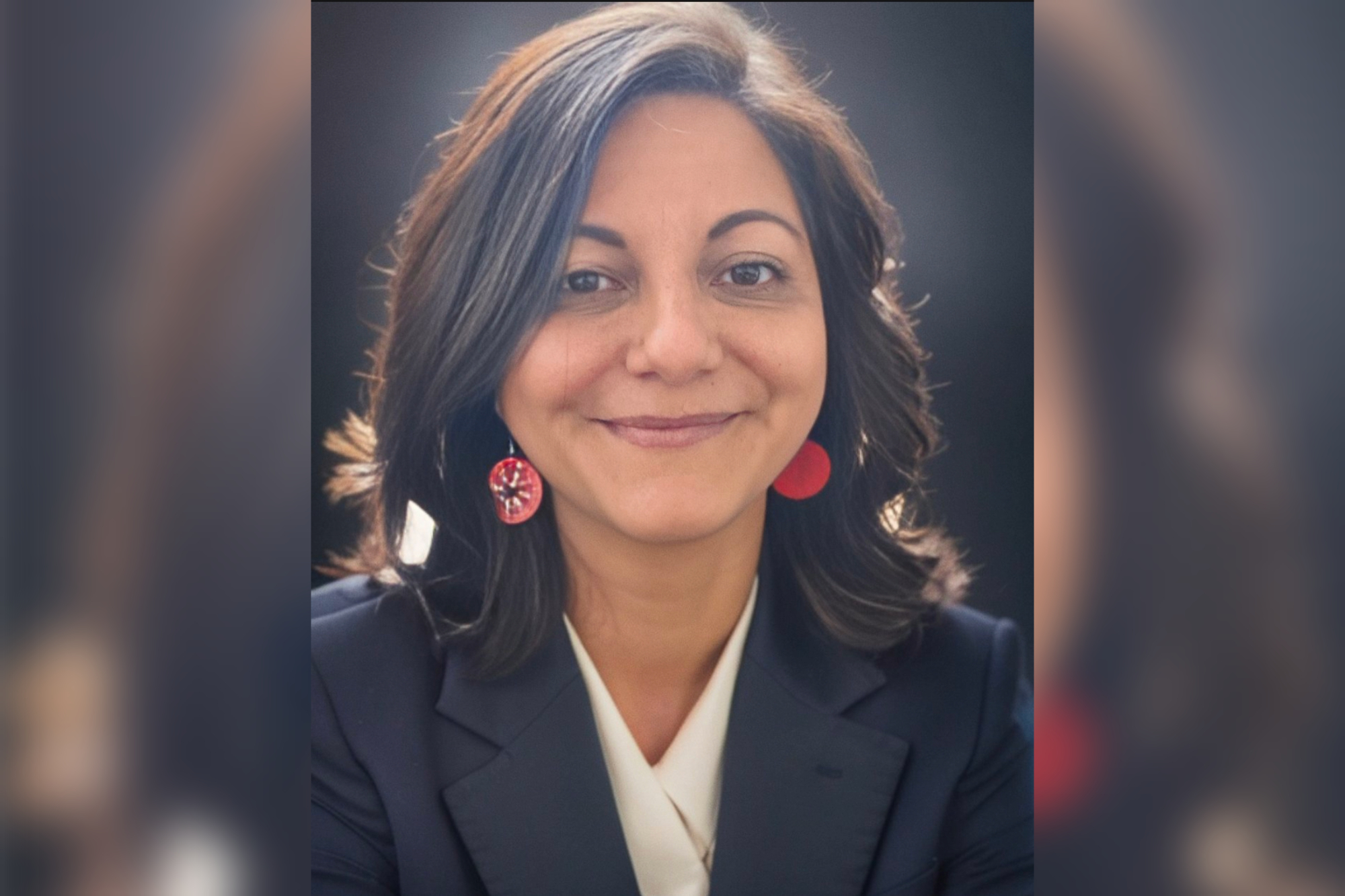With a career in education spanning more than 20 years, Fabiola Salas Villalobos, Ph.D., program director of the UNC School of Education’s Diverse and Resilient Educators Advised through Mentorship (DREAM) program, has woven her journey within education into a tapestry of inspiration and empowerment.
Upon receiving her bachelor’s degree in geography from Universidad Nacional de Costa Rica, Salas Villalobos began working as a geographer in Costa Rica, where she conducted earth science fieldwork. In addition, she taught Spanish with an emphasis on environmental, language, and culture.
After several years of working and teaching in Costa Rica, Salas Villalobos was motivated to transition her career to a different location.
In 2002, she immigrated to the U.S. from Costa Rica, speaking no English. While initially feeling isolated upon arriving, Salas Villalobos said she found solace in the Latino community in Carrboro and Chapel Hill. The community served as a network of support in her life that helped her navigate what it meant to be Latina in North Carolina, learn English, and feel a sense of belonging in a new environment.
“This sense of isolation and the difficulties I faced inspired me to pursue the work I am doing today, recruiting teachers from diverse backgrounds to help diversify the teaching profession,” Salas Villalobos said.
Soon after immigrating, Salas Villalobos worked at Rashkis Elementary in Chapel Hill as a fourth-grade teaching assistant. This marked the beginning of her educational journey in a new country, and she was fortunate to have a dedicated group of mentors who played a pivotal role in supporting her transition into the American education system.
As a teacher, Salas Villalobos embraced the opportunity to create a nurturing and inclusive learning environment where every student feels seen, heard, and valued. Her understanding of the importance of diversity, gained from her upbringing in Costa Rica, helped her cultivate a classroom that celebrates the unique backgrounds and perspectives of her students.
Salas Villalobos went on to teach at the K-12 and community college levels and in adult education. She also taught in public, private, and charter schools, continuing to foster diverse educational environments. All the while, her passion for the profession grew.
“Being a teacher always brought me immense joy, especially teaching middle school,” Salas Villalobos said. “The students keep you updated on new ideas and become your inspiration to continue. I always hold onto the daily interactions that I had with students and creating new learning experiences.”
Fueled by a desire to enact change in the field of education, Salas Villalobos aspired to elevate her career to the realm of higher education, with a specific focus on guiding students as they embark on their journey towards a career in teaching.
Salas Villalobos received her Ph.D. in Cultural Studies and Literacies from the School in 2020. Her research agenda focuses on antiracist education and language education. Those experiences provide a foundation for her to implement activities and evaluate programs through a lens that emphasizes the importance of diversity, equity, and inclusion in all aspects of education.
Recently, Salas Villalobos transitioned from working as a classroom teacher into higher education, embarking on a journey that has enabled her to prepare and mentor new teachers.
In 2020, the School announced the launch of DREAM, a partnership with DPS funded by a $4.8 million grant from the U.S. Department of Education, aimed at hiring, training, and mentoring teachers from diverse backgrounds to work in the district’s schools with the greatest needs.
Through her work with DREAM, which combines the School’s 12-month Master of Arts in Teaching program with three years of teaching in Durham Public Schools (DPS), Salas Villalobos channels her upbringing in Costa Rica and her passion for education into making a difference in the lives of each DREAM resident.
Salas Villalobos and Kristin Papoi, Ph.D., DREAM principal investigator, collaborate with DPS where each resident student teaches and then works as teachers for three years. Residents also participate in affinity groups and receive professional development to help them effectively teach racially and ethnically diverse student populations.
“DREAM provides support and mentorship to help residents grow both personally and as educators,” Salas Villalobos said. “We want our residents to feel supported and happy in their roles, so they continue as educators.”
While her work within DREAM focuses on recruiting and supporting diverse educators, Salas Villalobos recognizes the broader need for culturally responsive and community-driven teachers.
“I take a thoughtful approach to supporting DREAM residents, many of whom are the first in their families to attend graduate school,” Salas Villalobos said. “I guide them to navigate unfamiliar spaces with grace and a sense of community, just as I once received support.”
Salas Villalobos’s deep-rooted belief in the importance of diversity in education has been a driving force throughout her career. Within her teaching experiences, she recognized the isolation that comes with being one of only a few Latina educators in a school, and her goal is for more students to see themselves reflected in their teachers.
“My personal experiences have shaped my mission and purpose in my current role, driving me to work towards a more diverse and inclusive teacher workforce that mirrors the communities it serves,” Salas Villalobos said. “It is important for schools to have educators who can truly understand, represent, and advocate for all students.”
To Salas Villalobos, her Costa Rican heritage has given her the confidence to embrace her identity and navigate the world with an unwavering sense of self-assurance — even in the face of challenges as a first-generation immigrant to the U.S. Through education, Salas Villalobos works to ensure that every educator and student is seen, valued, and empowered in the classroom, imparting her confidence in them.
“The nurturing environment from my schooling and upbringing in Costa Rica instilled in me the belief that I could achieve my dreams,” Salas Villalobos said. “My Latinx background played a significant role in shaping my resilience, trust in myself, and confidence I have entering new spaces.”
